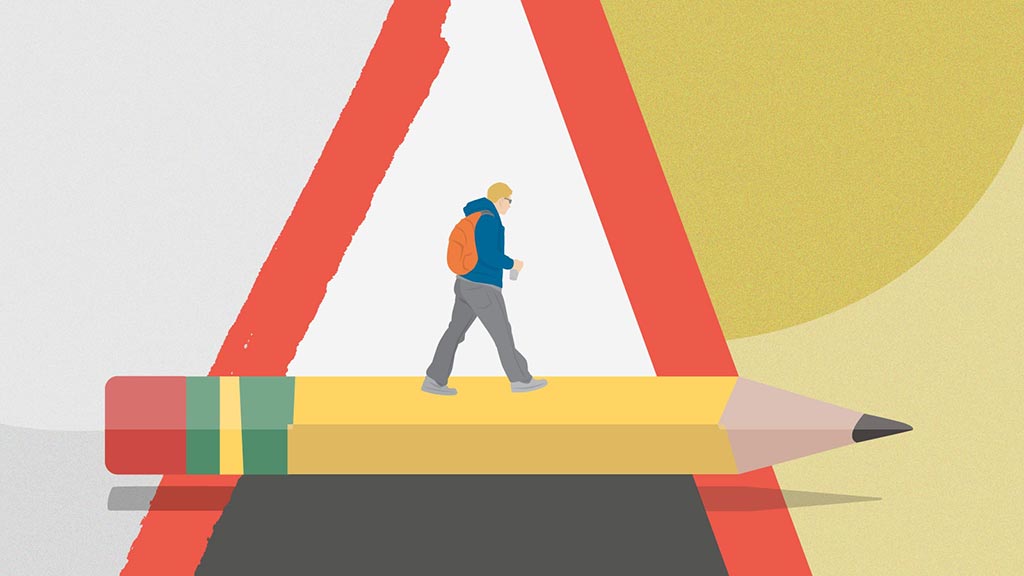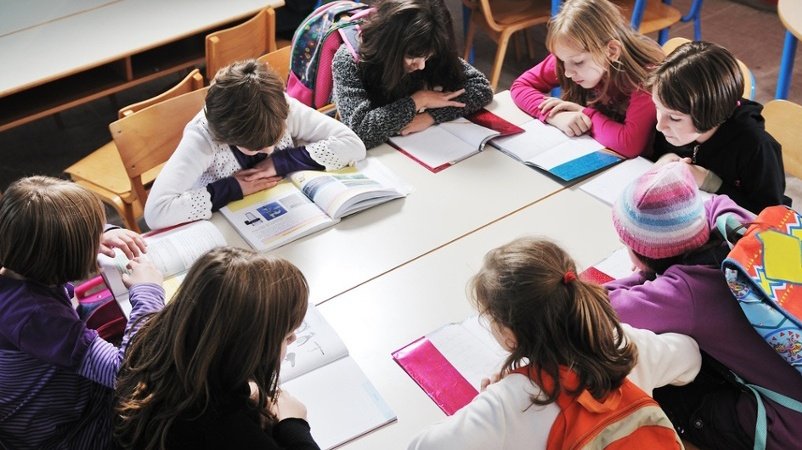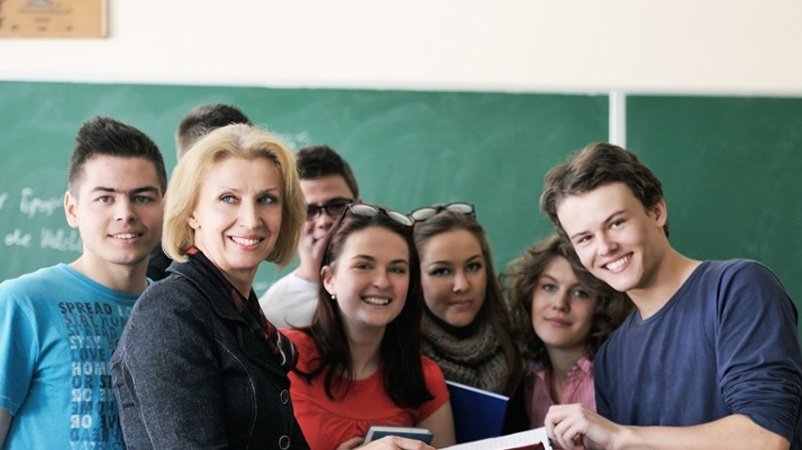
Some students from socioeconomically disadvantaged households may have gaps in social interaction which worsen the achievement gap.
Because of this problem, teachers might encounter impatience, impulsiveness, lack of politeness, and less empathy for others (Jensen, 2009). Where my last two blogs focused on academic and cognitive skills students from poverty might lack, this post focuses on the lack of social skills and practical solutions to this problem.
Why some students from lower socioeconomic status may lack social skills
For low-income students, their life experiences are often more limited than those of their middle- and upper-income counterparts, so opportunities to develop social skills are also limited. According to Eric Jensen in Teaching with Poverty in Mind, when students are taught social skills they stay in school longer, are more academically successful, and get in trouble less often (Jensen, 2009).
Improving social skills can help close the achievement gap
As you may already know from my recent post on teaching problem-solving skills to help close the achievement gap, students who come from poverty can develop a tendency for exaggerated responses. Think about how exaggerated responses play into your classroom dynamics, particularly when you are conducting small-group work. Students have to be taught how to react in appropriate ways. The development of social skills such as cooperation and collaboration can have a meaningful impact on closing the achievement gap.
What social skills can we as social studies educators teach our students? Well, I think that is a loaded question. It might be better phrased as “What social skills can we not teach?” We can teach cooperation, collaboration, respect, and turn-taking, to name just a few.

Use group projects to teach your students collaboration
As a former teacher, I loved having students do projects. Projects promote collaboration, turn-taking, cooperation, presentation skills, and many different academic skills. To make the most of this, students should be scored not only on their academic contributions but on their social interaction within the group. They should be expected to work as a team, offer suggestions, make compromises, contribute academic work, and maintain positive relationships with team members. All of these skills are necessary for students to function well in society.
In order to make sure your group projects are actually giving students the chance to develop these kinds of skills, some planning needs to be done. Some schools across the nation have adopted “The Leader in Me” program for elementary, which teaches students about being polite and respectful, along with other essential social skills. However, it isn’t necessary to adopt a program, but it is necessary to adopt a mind set.
Give students roles to practice collaboration
One way teachers of any grade level can teach collaboration is to assign various roles to students working in small groups. In a workshop I attended for the Creating Conditions for Learning program, one of my roles was that of “encourager.” The encourager is charged with providing positive reinforcement for people’s contributions to the effort. This was in written form on the role cards I used, and it was spoken, repeated, and modeled each time students were asked to play the role. Here are some roles you can give students to try during their next group project:
Writer – You listen to the comments and discussions that occur in your group and write the notes that will be shared with the Speaker, who will deliver your group’s information to the other groups.
Speaker – You are responsible for sharing the comments/questions of your group. You are your group’s voice.
Reader – You are charged with reading the directions and explaining them to your team members. You must communicate accurately in order for your group to accomplish the task.
Time Keeper – It is your job to keep everyone on task. That is a big job! You need to be mindful of time, making sure your team gets their work completed within the time allotted.
Encourager – It is your job to support your team members as well as participate. Encourage everyone to contribute to the task, and praise them for their input. Encourage team spirit.
Beyond direct methods of instilling social skills like the ones above, it also helps to model good social skills.

Teach respect by modeling respect
No matter what grade these students are in, they can learn respect. Consider for a moment how students typically interact during group work that you normally include in your class. Do they all show respect to each other? You probably have some degree of expectation as to how students should behave in order to show respect to one another, but this must be verbalized to students and be modeled for them. Clearly articulate what respect is and demonstrate or model respectful ways of interacting. You could prepare a few students and conduct a simulation of what collaborative work should look like. Some students may be clueless as to what you are asking them to do, so make your goals visible.
Better behavior leads to better achievement
However you approach the teaching of social skills, I am sure you will find they will lead to improved classroom behavior and, ultimately, better achievement. Again, according to Jensen, teaching social skills will lead to reduced misbehavior, students will stay in school longer and be more academically successful (Jensen, 2009).
Keep reading to learn about more skills you can teach to help socioeconomically disadvantaged students:
This article is part of a 3-part series on skills to close the achievement gap. Get the full picture by checking out other articles in this series:
- 3 Ways to Help Close the Achievement Gap with Problem-Solving Skills
- 3 Ways to Teach Sequencing and Processing Skills to Close the Achievement Gap
Find out more ways you can enact change with the way you teach. Check-out our professional development resources
Pam Gothart has been in education for 22 years including teaching high school social studies, and spent 12 years as a history director. Pam holds an Ed.S. from Samford University, where she focused her study on professional learning. She is passionate about education and helping teachers to be unique and effective leaders.
